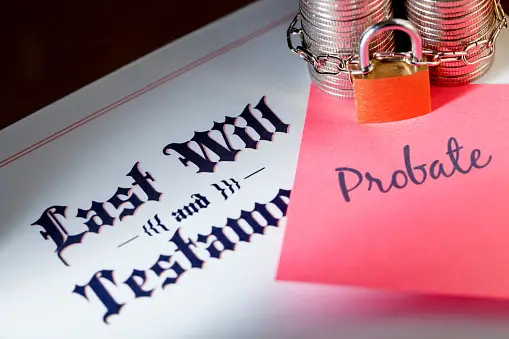Implications of Dying Intestate: Understanding Texas Intestacy Laws
Dying intestate in Texas can have significant implications for how your estate is distributed. Without a will, the state’s intestacy laws dictate the distribution of assets, which may not align with your wishes. This legal framework determines who will inherit your property, including spouses, children, and other relatives, based on established hierarchies.
For instance, if a person dies without a will and has children, those children typically inherit the estate. However, if there are no descendants, the estate may go to parents, siblings, or extended family members. Understanding these laws is crucial for individuals to ensure their assets are distributed according to their intentions, making estate planning a vital step in the process.
The Role of an Executor in Intestate Estates
The executor plays a critical role in managing an intestate estate, even when no will is present. In Texas, the court appoints an administrator to oversee the probate process, which includes gathering assets, paying debts, and distributing what remains to the rightful heirs. This process can be complex, especially when navigating family dynamics and legal requirements.
For example, an administrator must identify all assets and liabilities of the deceased, file necessary court documents, and ensure compliance with Texas probate laws. This responsibility requires diligence and attention to detail, as any errors can lead to disputes among heirs or delays in the distribution of the estate.
Common Challenges in Intestate Succession
Navigating intestate succession can present several challenges for families left behind. Without a will, disputes may arise among potential heirs regarding the distribution of assets, leading to conflicts that can prolong the probate process. These challenges often stem from unclear family dynamics or differing expectations about what each person believes they should inherit.
Additionally, the absence of a clearly defined plan can complicate the handling of debts and taxes associated with the estate. Heirs may find themselves responsible for settling these obligations before any assets can be distributed, which can create financial strain and emotional stress during an already difficult time.
Alternatives to Probate for Intestate Estates
While probate is the default process for handling intestate estates, there are alternatives that may be considered depending on the circumstances. For example, small estates in Texas may qualify for a simplified probate process, which can expedite the distribution of assets without the need for a full court proceeding.
Moreover, certain assets may pass outside of probate altogether, such as those held in joint tenancy or designated beneficiaries on accounts and policies. Understanding these alternatives can help families navigate the complexities of estate management and potentially reduce the time and costs associated with probate.









